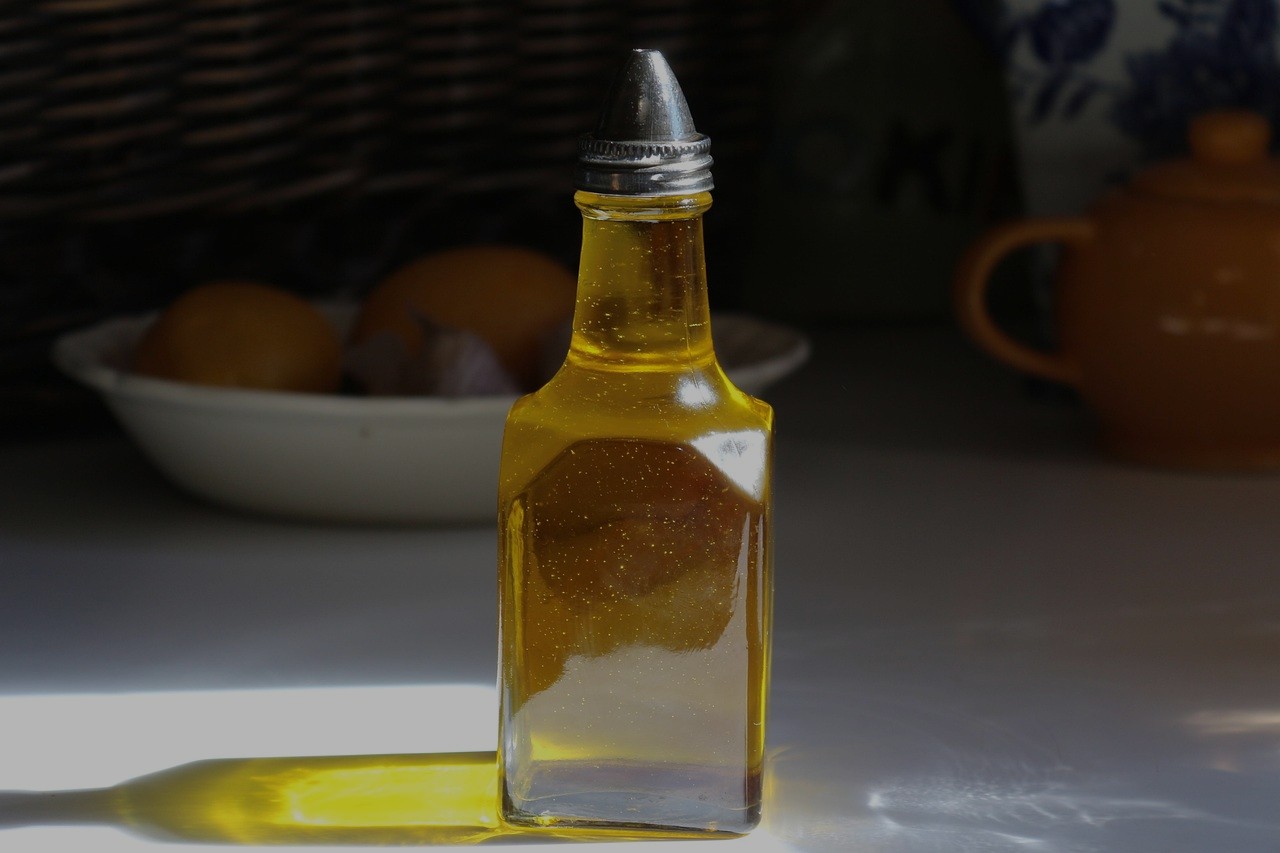A groundbreaking study published in Cell Reports reveals that oleic acid, a fatty acid abundant in many cooking oils, may be a key driver of weight gain during obesity. This finding could have significant implications for dietary choices, especially as oleic acid becomes increasingly common in our food supply.
What is Oleic Acid? Oleic acid is a monounsaturated fat found in olive oil, canola oil, and many other vegetable oils. It’s also present in nuts, seeds, and animal fats. Food manufacturers have been adding more oleic acid to products because it was previously thought to be heart-healthy.
The Research Discovery Scientists at Yale University conducted comprehensive studies using both laboratory and human data. They tested various dietary fats to see which ones triggered the formation of new fat cells—a process called adipogenesis. Surprisingly, oleic acid was the only fatty acid that consistently promoted fat cell creation at normal dietary levels.
The researchers found that oleic acid works by activating specific cellular pathways that encourage fat storage. When people consume foods high in oleic acid, it appears in their bloodstream and signals the body to create more fat cells, particularly around the abdomen.
Human Data Confirms Laboratory Findings The study also analyzed health data from nearly 500,000 people in the UK Biobank. They discovered that individuals with higher levels of monounsaturated fats (primarily oleic acid) in their blood had significantly higher rates of obesity and being overweight.
What This Means for You This doesn’t mean you should eliminate all fats from your diet—healthy fats remain important for overall health. However, the research suggests that moderation is key, especially with oils high in oleic acid.
Many “high-oleic” versions of common cooking oils (soybean, sunflower, and safflower oils) now contain over 70% oleic acid and are becoming more prevalent in processed foods. Reading ingredient labels and choosing a variety of different fats may be beneficial.
The Bottom Line While oleic acid has been promoted for its potential heart benefits, this research highlights the importance of understanding how even “healthy” fats affect weight management. The key takeaway is that the amount and type of dietary fat matters more than previously understood, especially for long-term weight control.


